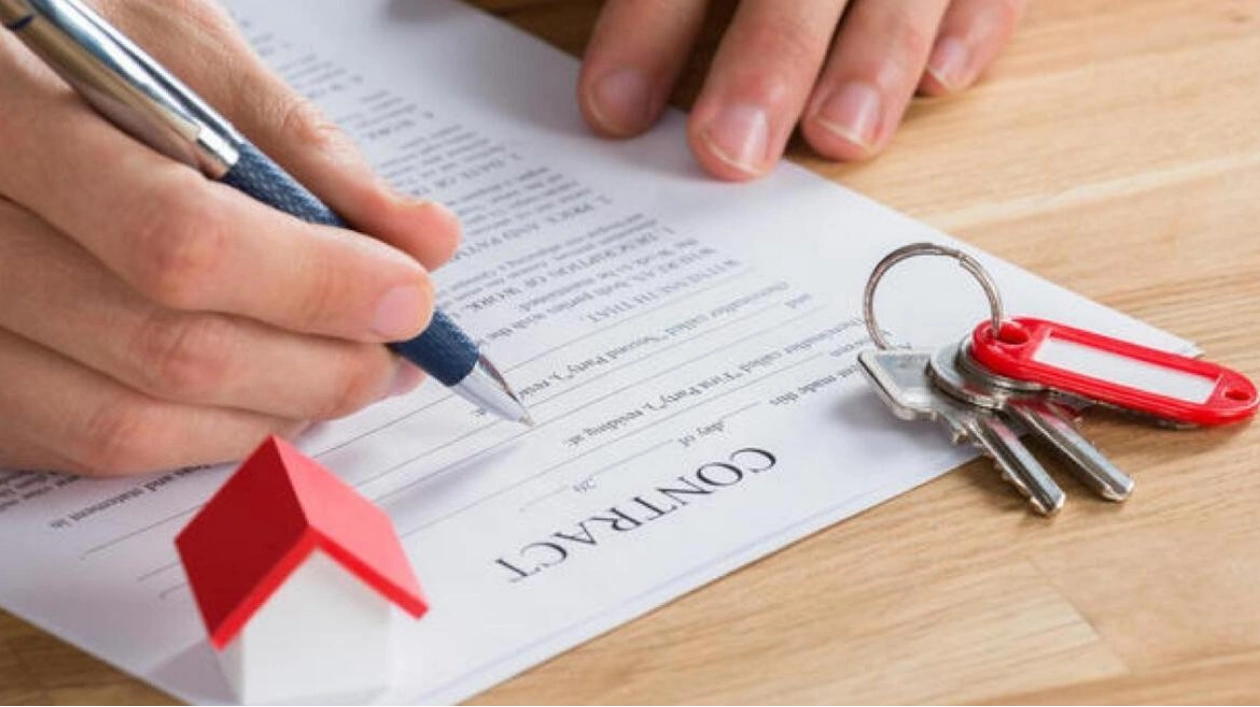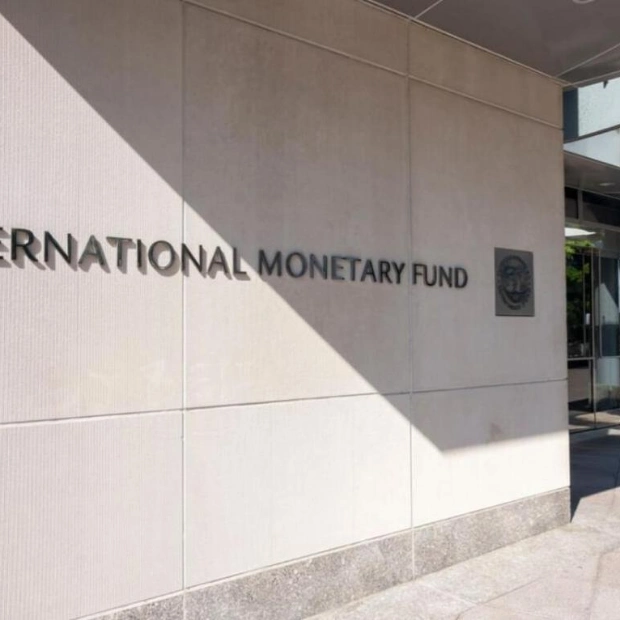Dubai's property market continues to grow, offering various options for those looking to rent rather than buy. For expatriates in Dubai, understanding the emirate's rental laws is crucial, and the Ejari system managed by RERA serves as a comprehensive guide for both landlords and tenants. This online platform is mandatory for registration once an agreement is reached.
The 'Law Regulating Relationship between Landlords and Tenants in the Emirate of Dubai,' established in 2007, outlines all legal aspects of rental agreements and leased properties, excluding hotel accommodations and company-provided housing. To lease a property in Dubai, tenants must ensure they have the necessary documents readily available.
After selecting a suitable residence, tenants need to prepare several documents including a passport copy, residence visa, Emirates ID, and a cheque covering 5% of the annual rent. Submitting these documents to the Dubai Land Department ensures a legally binding tenancy contract, essential for connecting utility and telecommunications services.
Post-agreement, tenants must register their lease with Ejari using the original contract, Emirates ID, proof of deposit payment, and copies of both parties' passports and the landlord's ownership certificate. Additionally, registering with DEWA is necessary for utility connections.
Rent payments in Dubai can be made in a single or multiple installments, with agents typically charging a commission of up to 5% of the total rent. According to RERA, landlords can raise rents by up to 5% if the current rent is 11-20% below the market average. Tenants must adhere to payment schedules, with housing fees calculated at 5% of annual rent and included in utility bills.
Disputes between landlords and tenants are resolved through the Rental Dispute Centre at the Land Department. Tenants may face eviction for reasons including non-payment of rent, misuse of property, necessary renovations approved by Dubai Municipality, or illegal activities on the premises.






